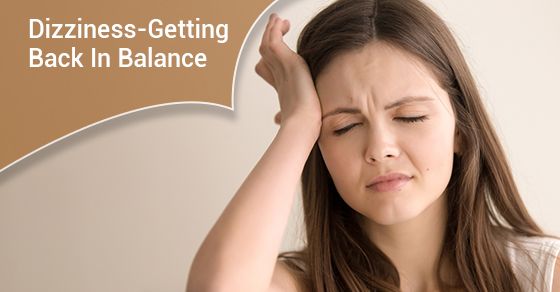
DIZZINESS Getting Back in Balance
By: Paul Godlewski, Registered Physiotherapist
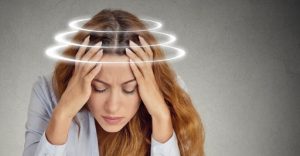
A huge number of people deal with dizziness on a daily basis. What is dizziness and what can be done about it?
The truth is that dizziness isn’t just one thing but many. Dizziness is a term that we use for many different kinds of sensations: feeling light-headed or faint, feeling off-balance (also known as disequilibrium), and feeling woozy or floating. Finally there is vertigo, a special kind of dizziness where you experience a false sense of movement, for example a spinning sensation. Each of these feelings can come from one or more sources.

Dizziness is often the result of a sensory mismatch. In other words, one set of sensory organs, such as your eyes, tell your brain one thing and another, say your ears, tell it something slightly different.
There are many causes of dizziness, including reactions to a new medication, inner ear problems, heart & blood issues, neurological conditions, anxiety, etc. Most often dizziness is not an indication that something is seriously wrong. Nevertheless you should always consult your family doctor.
Dizziness can also lead to more falls, and difficulty with many activities of daily living (e.g. driving). This in turn can lead to more injuries and accidents.
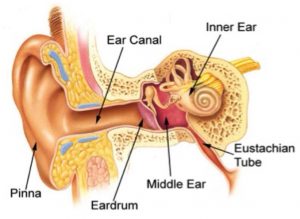
Although there are many causes of dizziness, up to 2/3 of those individuals with dizzinss have it due to one of three inner ear problems:
- Benign Paroysmal Positional Vertigo (BPPV).
- Vestibular Loss, often from an inner ear infection.
- Disuse Disequilibrium.
The good news is that all 3 of these issues are very effectively treated by Vestibular Rehabilitation Therapy (VRT). VRT is a form of physiotherapy used for dizziness & balance conditions such as: Labyrinthitis, Vestibular Neuritis, BPPV, Acoustic Neuroma and Ménière’s (with a documented vestibular loss).
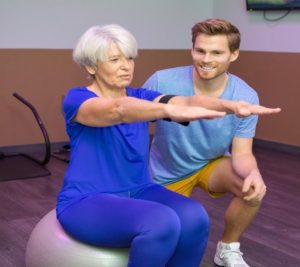
VRT involves hands-on therapies such as the Epley’s Maneuver to relieve vertigo, and neck therapy to treat dizziness coming from the neck.
VRT also uses special exercises to retrain your brain (i.e. to promote neuroplastic change). These include exercises to regain gaze stability, overcome motion sensitivity, and restore balance.
The bottom line is that someone with dizziness often need not suffer. Vestibular Rehabilitation Therapy is science-based, safe and drug-free.
Contact a qualified Vestibular Therapist near you.
Working together with


 0 Comment
0 Comment 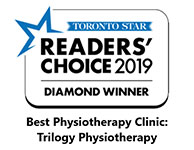




Leave A Comment